★★★ | The middle child
(DISENCHANTMENT continues on Netflix Nordic, January 15th. Full season viewed for review.)
DISENCHANTMENT is an odd duck. It’s not as funny as THE SIMPSONS in its prime (though today, even a freshly painted wall is more entertaining), and it’s rarely as clever or inventive as FUTURAMA. Instead, it falls into the crevice reserved for middle children, where the expectation is beyond unreasonable. If neither of its predecessors didn’t exist, DISENCHANTMENT would be considered a subversive modern classic, instantly celebrated for its long-form storytelling and raucous humor. But they do, and it isn’t.
Which doesn’t mean that DISENCHANTMENT is a mess, even though it still feels like it’s figuring things out for itself. It’s far more story-driven than anything creator Matt Groening and co. have worked on before, and that kind of narrative shift is bound to require adjusting. But in those moments that the series clicks, it’s hysterically funny and absurd.
Picking up immediately where the previous season ended, DISENCHANTMENT finds Princess Bean trapped underground with her friends, Elfo and Luci, surrounded by hundreds of glowing eyes. In order to save the kingdom from both her estranged mother and perverted theologians, the adventure takes them across the known worlds and a few surprising ones as well. It’s especially in the steampunk universe that DISENCHANTMENT finally feels like it’s cutting loose and capturing some of the magic that made FUTURAMA so special.
There are still growing pains. Take the humor, for example, which works in fits and starts. Some gags are as funny as anything to come out of these shows. One of my favorites is naming every elf by their generic abilities, leading to some genuinely dumb-but-smart-but-also-really-dumb dialog.
“Nobody leaves, not ever!” The village elder screams.
“What about Leavo?”
The elder growls: “Shut up, Speako!”
It’s silly, but at the same time lovingly acerbic towards old-fashioned fantasy literature, where everyone gets named by their personality trait.
Then there’s the laughing horse, cursed to communicate only through the infectious heehawing courtesy of Groening regular John DiMaggio. As a joke, it’s so pointless and silly, it turns into a riot every time it shows up. Especially as the series milks the gag for unnecessarily long periods.
But for every bit like the ones mentioned, DISENCHANTMENT falls prone to repeating material from its parent shows. I get that launching a brand-new IP, especially one with its recognition tied entirely to a major animation empire, is a daunting task, but the constant hat-tipping is counter-intuitive to what DISENCHANTMENT could become.
The characters remain a mixed bag. While Bean is still as likable a lead as anything to come out of Groening’s head, Elfo still doesn’t work beyond his simplistic and dull simpleton gag. Once again, it’s Luci, voiced by Eric Andre, who is the MVP of the show. Showcasing Groening and company’s innate ability to craft lovable rogues from utter misfits, he’s the kind of snarky addition that improves any scene.
Others, likewise, remain an assortment of hits and misses. King Zog can be funny, but it’s clear by now that DiMaggio isn’t interested in trying anything new with the character. In the same way, you’d be hard-pressed to pick out Tress MacNeille’s Prince Derek from a lineup with Ralph Wiggum or Martin Prince.
Recognizability isn’t an inherently bad thing, either. After four decades of THE SIMPSONS and FUTURAMA, it’s hard for any show to break out from under their shadow. Least of all if the production staff recycles itself at this pace. But DISENCHANTMENT is best when it sheds all the callbacks and easy gags and relies entirely on the future.
To do that, DISENCHANTMENT must first decide if it wants to be a straight-up comedy or something else entirely. As of season three, the jury is still out. Some episodes are too plot-heavy, with densely packed plotting suffocating any assortment of gags, while others are far too loose instead. It’s frustrating to follow the plot excitedly, only for the show to slow down for a side-quest late into the season.
That said, it took FUTURAMA a few years to find its voice as well. Only now, knowing where the story would go, can we look at the beginning with greater appreciation. So while DISENCHANTMENT has run for just long enough to start accruing some terrific running gags, the momentum is only just picking up steam. This is nowhere as clear as it is by the end, where the story finally gains focus and clarity, promising far greater things for the series than ever before.
While season three is easily the best of the bunch, I feel the best is still yet to come. Whatever form that takes, I hope that DISENCHANTMENT doesn’t lose its dumb/smart humor any time soon. Even if it takes a greater leap into a more finely attuned narrative.
Also, let’s hold on to that theme song, which is an absolute banger. Even better than the one on THE SIMPSONS.
Yeah, I said it.


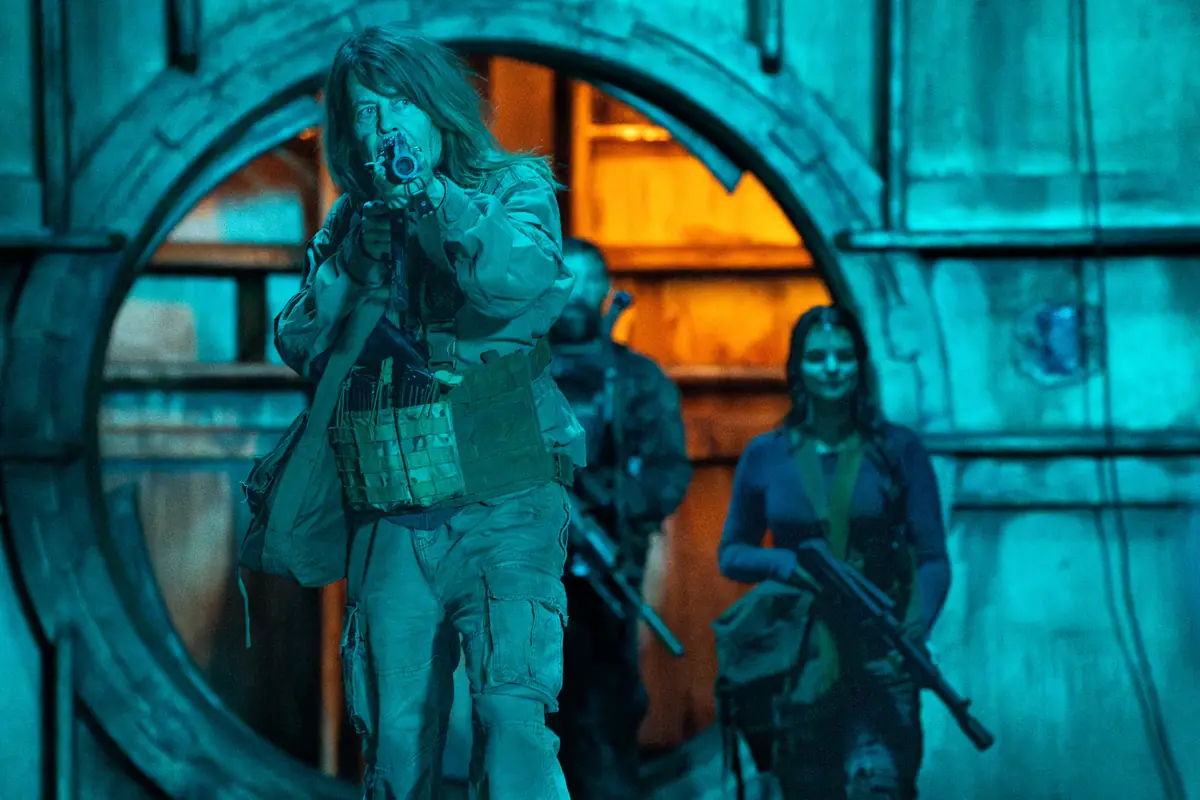

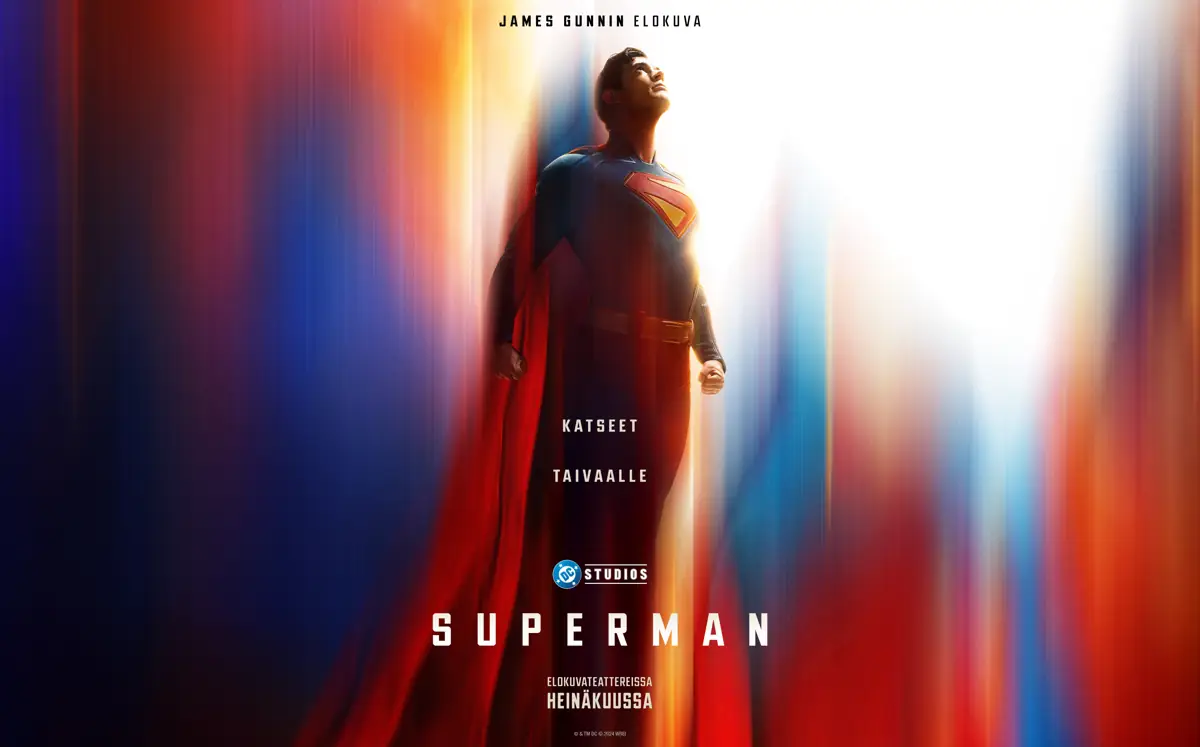

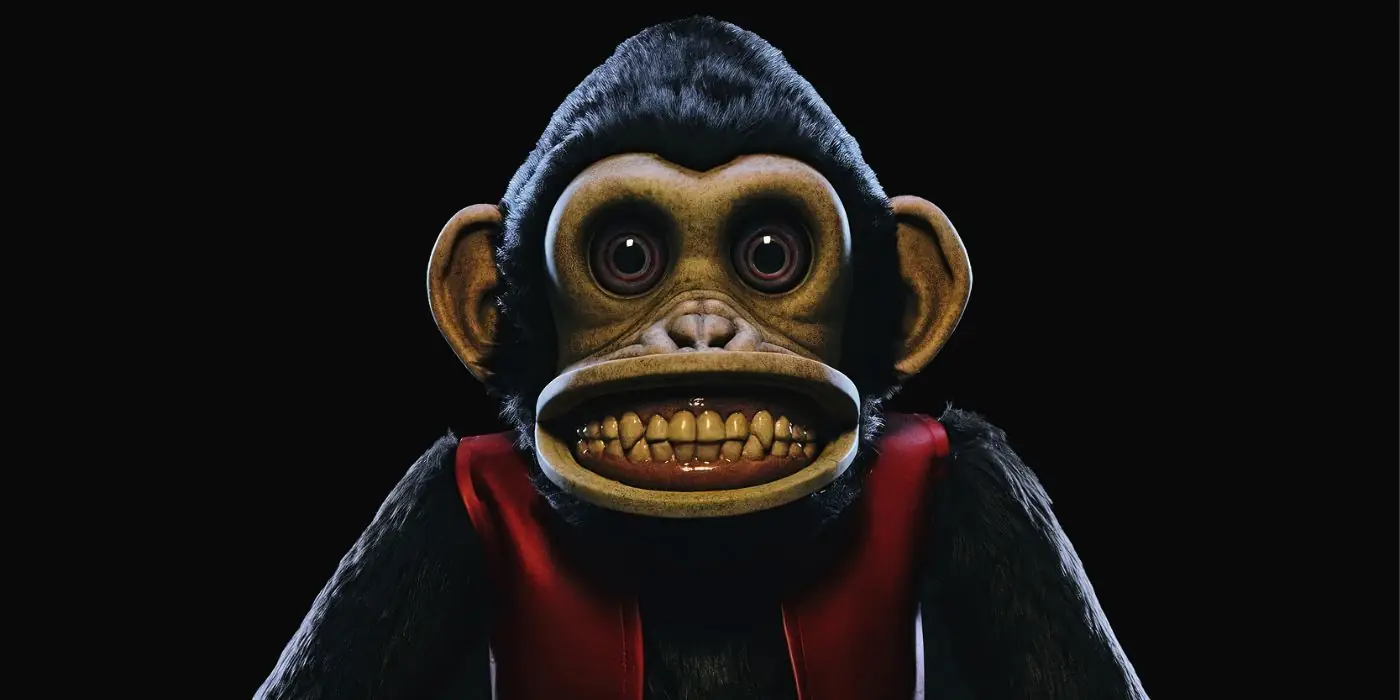
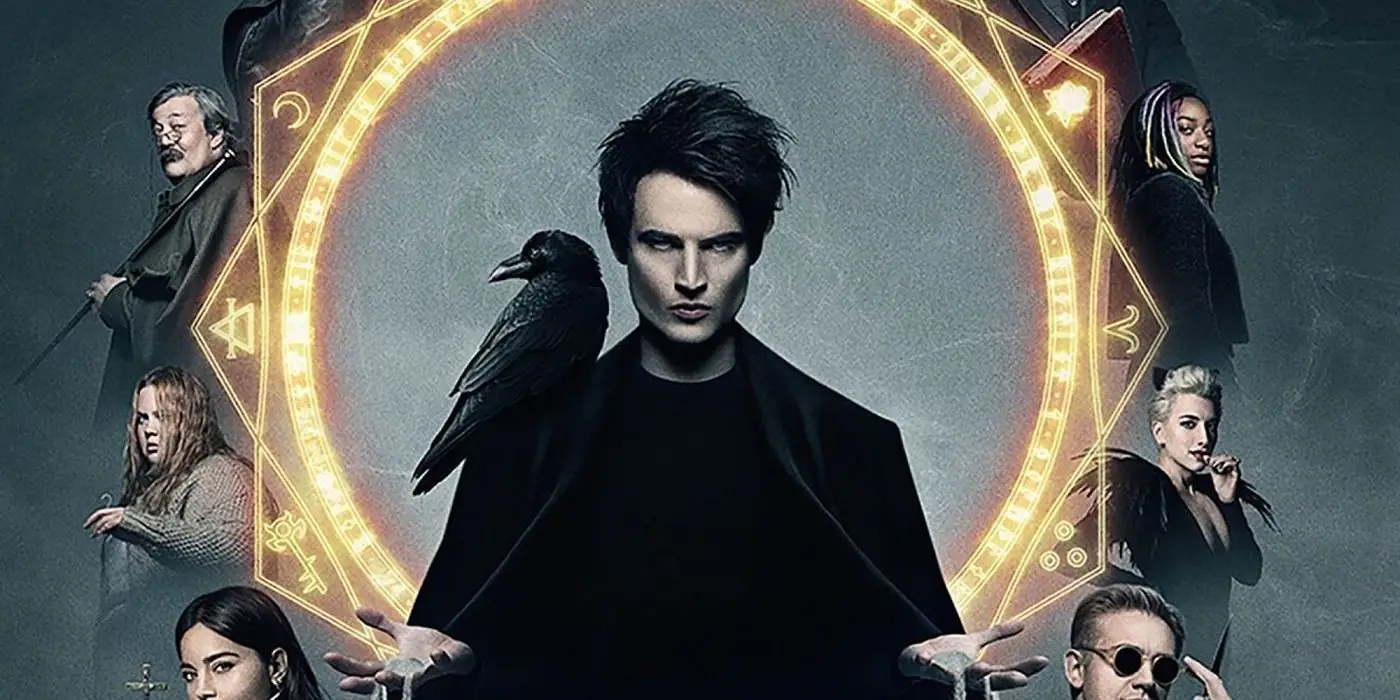
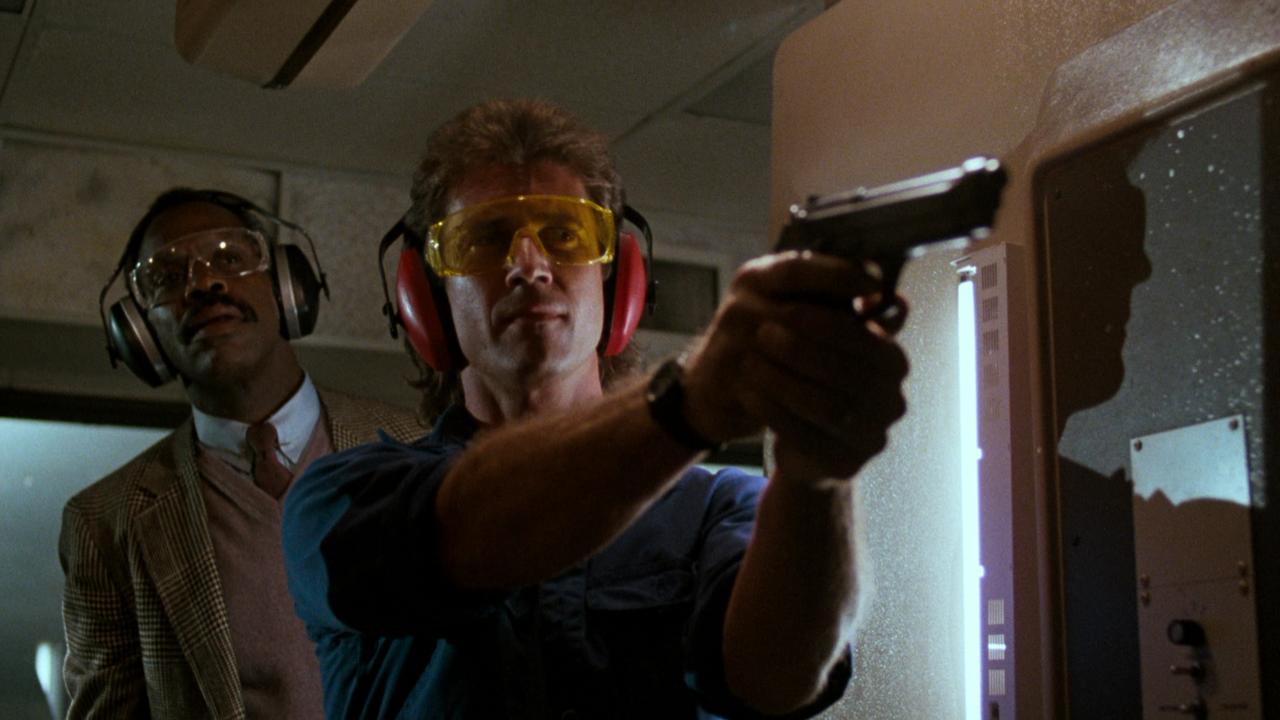


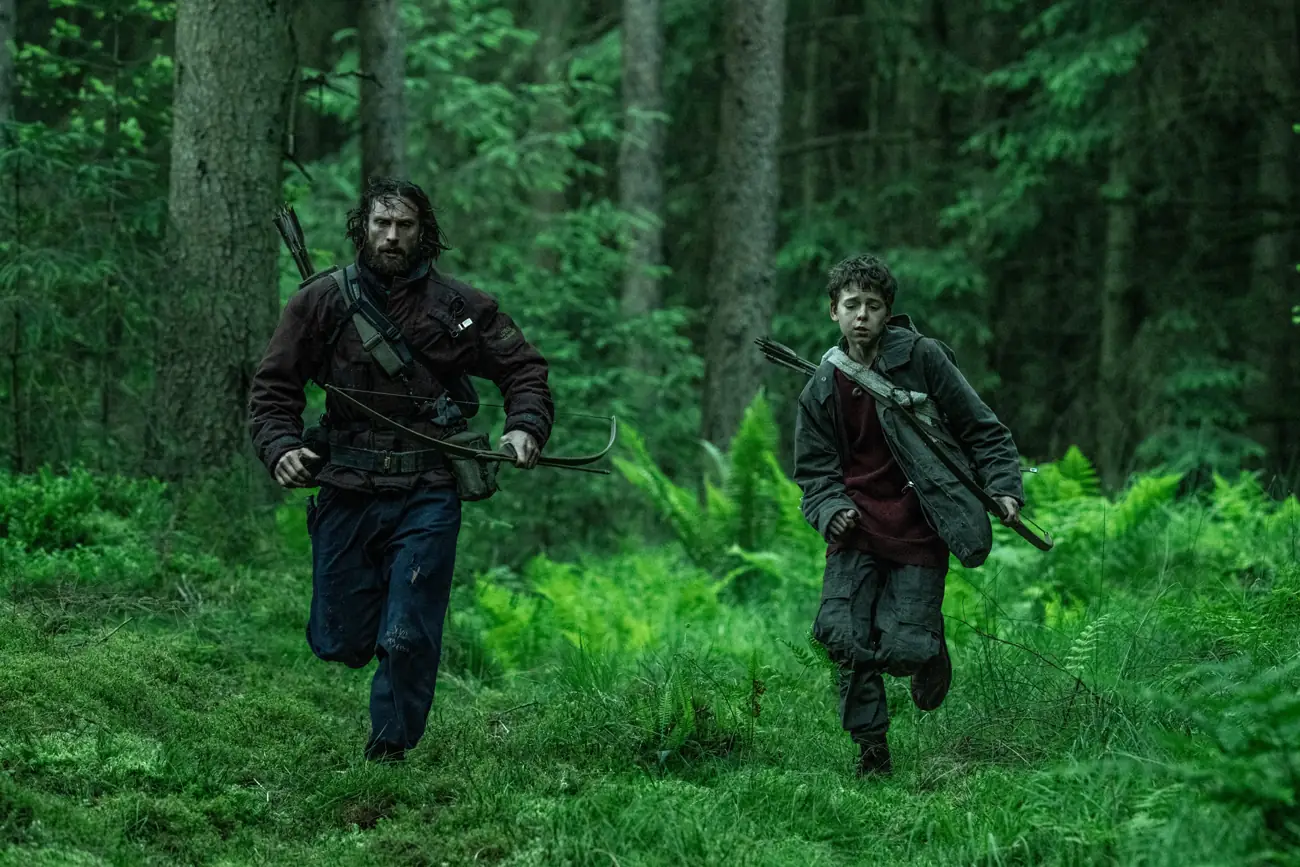

Discussion